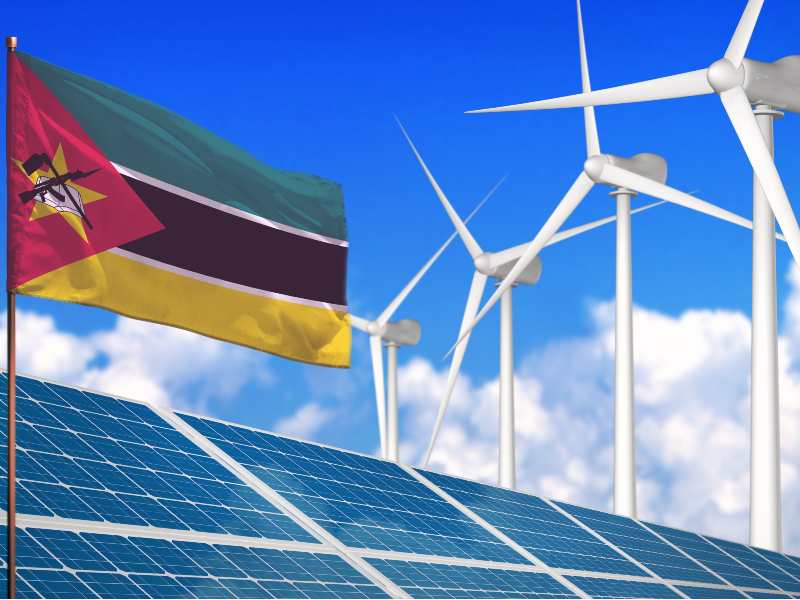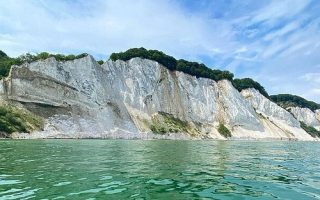lotusyouthcouncil.com – Mozambique, a country rich in natural resources, is making significant strides in harnessing renewable energy, particularly solar and wind power. The government, through its publicly-owned electricity company, EDM, is investing heavily in these initiatives to meet its ambitious energy goals and ensure a sustainable future.
Investment in Solar and Wind Power
EDM has announced a substantial investment of $40 million into solar and wind power plants through the Renewable Energy Auction (PROLER) plan. This investment is part of a broader strategy to achieve universal electricity coverage by 2030. The PROLER plan aims to support 16 renewable energy Independent Power Producer (IPP) projects, including 14 solar projects and the Inhambane wind project.
Key Projects and Targets
One of the notable projects under the PROLER plan is the 30 MW Chimbunila solar project, which is expected to contribute significantly to the country’s renewable energy mix. Additionally, EDM has partnered with Solarcentury Africa to develop a 100 MW solar project, further enhancing Mozambique’s solar capacity.
The government’s renewable energy strategy also includes plans to increase the country’s electricity generation capacity by over 600 MW in the next four years, with 30% of this capacity coming from solar and wind energy. This ambitious target underscores Mozambique’s commitment to transitioning to cleaner energy sources.
Potential and Benefits
Mozambique’s potential for renewable energy is vast, with significant resources available in hydropower, biomass, wind power, and solar energy. The country’s coastal and highland regions offer particularly favorable conditions for wind energy. By tapping into these resources, Mozambique aims to not only meet its domestic energy needs but also position itself as a leader in Africa’s green energy transition.
The benefits of these initiatives extend beyond energy security. They are expected to stimulate economic growth, create jobs, and improve the quality of life for both urban and rural populations by providing reliable and sustainable energy access.
Conclusion
Mozambique’s renewable energy initiatives, particularly in solar and wind power, represent a significant step towards a sustainable and inclusive energy future. With substantial investments and ambitious targets, the country is well on its way to becoming a leader in Africa’s green energy landscape. As these projects come to fruition, Mozambique will not only meet its energy needs but also contribute to global efforts in combating climate change.




